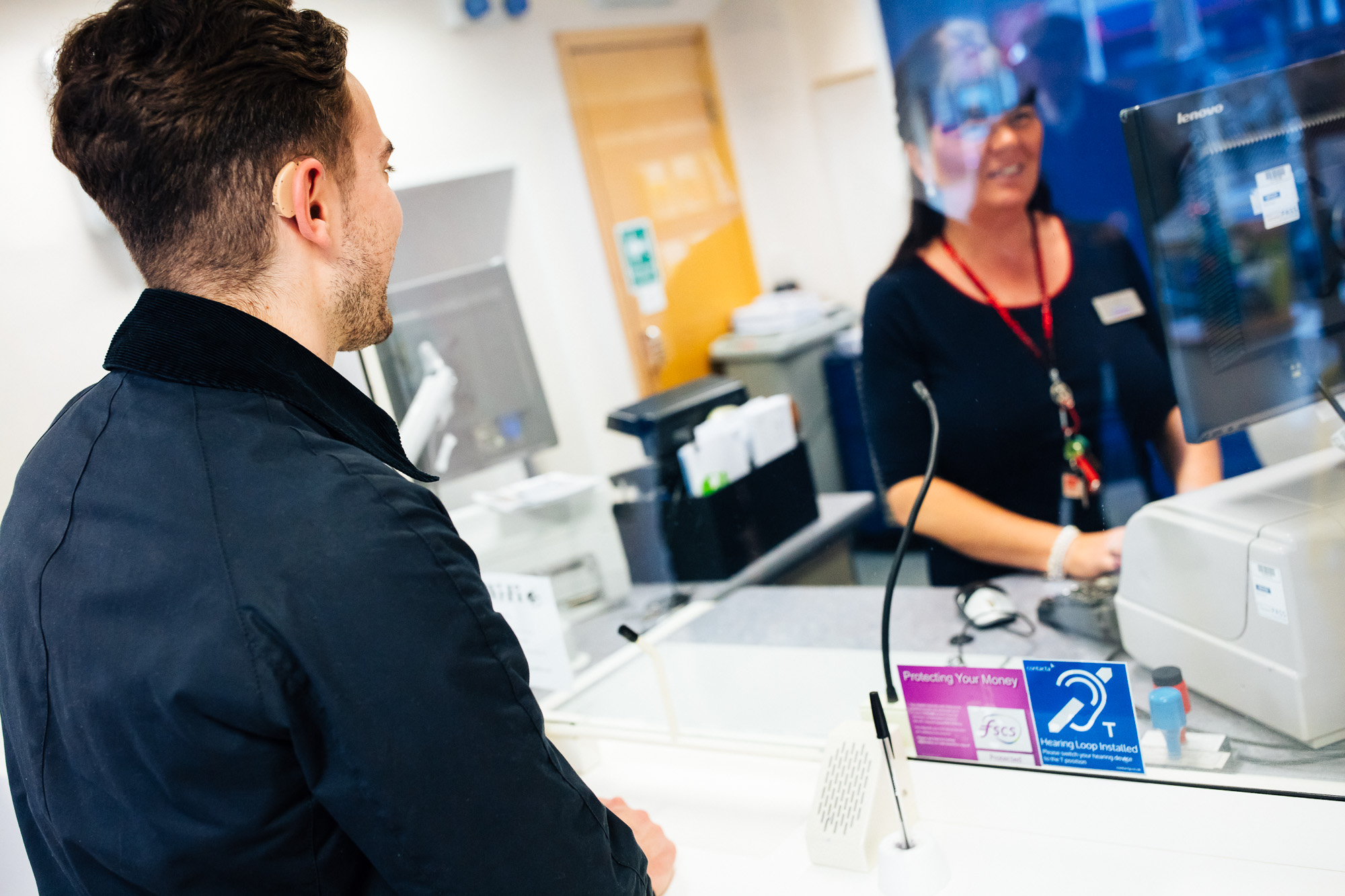
14 May Your Right to Hear: A Guide
Note: To download a version of this guide, click here.
Deaf Awareness Week is an annual event to highlight the issues faced by people with limited hearing.
There are 11 million people in the UK living with hearing loss (1 in 6) and almost a quarter of them wear a hearing aid.
1. You have a right to be able to hear
The Equality Act 2010 states that everyone should be treated equally. Venues, employers, schools and local authorities are among the organisations required to make “reasonable adjustments” to allow you to access their services.
What constitutes a “reasonable adjustment” depends on the size of the organisation, the costs involved and how practical it would be to make the changes.
The Act requires service providers like banks to provide information in an accessible format to everyone, so a hearing loop at a banking counter would be a “reasonable adjustment.”
“It’s like being the one sober person at a party where everybody else is enjoying themselves. It ranges from sometimes just wanting to cry through to utter rage.”
Maureen’s experience of the theatre with hearing loss
Building regulations are the minimum standards for design, construction and alterations to virtually every building. Part M of these regulations provides premises with guidance for making sure everybody can access and use buildings and their facilities.
And the recently revised British Standard 8300 is a set of authoritative recommendations for architects, designers and anyone involved in managing buildings, for making them inclusive and accessible. For the first time, it now includes a code of practice for where hearing loops should be provided.
Read more on hearing loop legislation here.
2. What hearing loops do and where to find them
A hearing device amplifies all sounds. In noisy environments, this can make it extremely difficult for those living with hearing loss to distinguish speech, music or communication they are trying to hear.
A hearing or ‘induction’ loop amplifies the sounds people want to hear above frustrating background noise.
Sound is picked up through a microphone, converted to magnetic impulses by the loop ‘driver’ and transmitted via a loop aerial. Switching your hearing aid to the ‘T’ position converts this signal back to speech.
Some cochlear implants can be used in the same way and if you don’t have a hearing aid, a loop listener will allow you to hear the amplified sound through a special hand-held unit and headphones.
Hearing or ‘induction’ loops should be available where you see this sign.
- Look for signs in these locations:
- Waiting areas or help points
- Reception desks, banking counters and ticket offices
- Sales counters and checkouts in shops
- Classrooms and meeting rooms
- Places of worship
Sporting venues, theatres and cinemas
If you can’t see the sign, ask a member of staff.
3. The venue doesn’t have a loop; what should I do?
Ask to see the manager or a senior member of staff. They can’t instantly provide you with a loop but making them aware they have a duty to make their services accessible to you will alert them to their responsibilities.
Businesses value customer satisfaction!
Speaking out could help the next person with a hearing impairment.
You can visit the Citizens Advice Bureau’s website for more information if you feel you’ve been discriminated against.
4. The loop doesn’t work!
If a loop has been installed it has to work well, so you can actually hear the sound it is designed to amplify.
Staff might not be aware the loop is broken so let them know. They have a duty to maintain it and make sure you, as a customer or visitor, can hear.
Share your experiences
Contacta supports Hearing Link’s ‘Let’s Hear’ campaign which aims to empower people to improve hearing experiences in their communities. You can become a volunteer loop checker or rate and review hearing loops in your local buildings.
Visit www.hearinglink.org/lets-hear/ for more information.
—-
Spread the word on social media this Deaf Awareness Week with the hashtag #righttohear.

 MADE IN THE UK: We’re proud to say our Contacta designed products are manufactured in the UK
MADE IN THE UK: We’re proud to say our Contacta designed products are manufactured in the UK